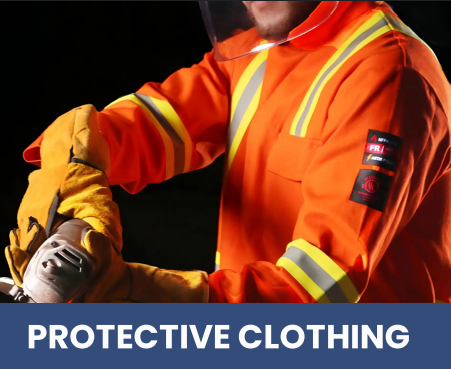PPEs Testing & Certification Services
TTI Testing Laboratories are committed to providing the same high-quality Testing Services for which we have always been known.
We are a one-stop solution for the personal protective equipment (PPE) market, providing a diversified range of accredited services. As an ISO/IEC 17025 accredited laboratory, we specialize in the testing and technical review of PPE in accordance with Regulation (EU) 2016/425.
Tti testing laboratories operate at world-class standards on a global basis with global partners supporting refineries, distributors, and other businesses with the below-mentioned features:
- Globally Recognized ISO/IEC 17025 Accredited Petroleum Testing Services
- OGRA Approved Laboratory
- Technical Support, Troubleshooting & Personalized Customer Services
- Fastest Reporting Time
- Exclusive Packages for Annual Testing Services Contracts
In order to ensure Personal Protective Equipment (PPEs) complies with Protection and Quality Assurance Requirements, it is important to verify and inspect products so that they reach the frontline healthcare personnel and the consumers with approved quality measures and to achieve traceability and consistency in the supply chain, produced goods and in future shipments.
Please find below the salient features of our Personal Protection Equipment (PPEs) Testing Program.
Protective Clothing:
|
Test Parameters |
Method |
| General requirements for protective clothing |
EN ISO 13688 |
| Protective garments for motorcycle riders |
EN ISO 17092 |
| Welding and allied processes |
EN ISO 11611 |
| Heat and flame protection |
EN ISO 11612 |
| Limited flame spread |
EN ISO 14116 |
| High-visibility clothing |
EN ISO 20471 |
| Firefighters’ protective clothing |
EN 469 |
